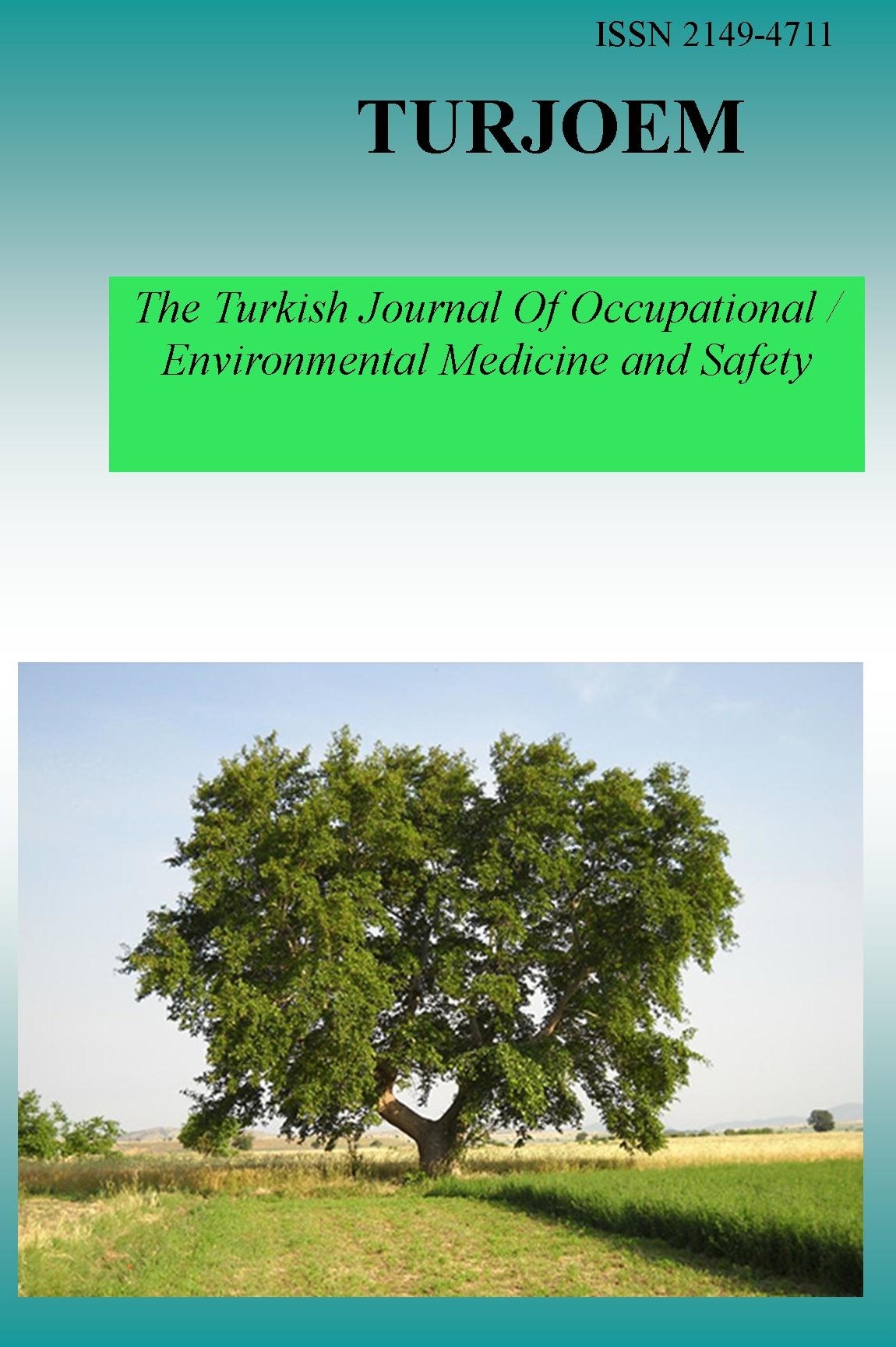DETERMINATION OF THE ADULTERATION IN OLIVE OILS WHICH SOLD UNCONTROLLED
DETERMINATION OF THE ADULTERATION IN OLIVE OILS WHICH SOLD UNCONTROLLED
___
- Nesrin IÇLI, Gülçin Ö. ÇANTAY, Sezen ÇETINER, Zeliha KAYAALTI
- Kastamonu University Fazıl Boyner Faculty of Health Sciences, Kastamonu, Turkey Ministry of Customs and Trade, Ankara Laboratory Directorate, Ankara, Turkey Ankara University, Institute of Forensic Sciences, Cebeci, Ankara
- ISSN: 2149-4711
- Başlangıç: 2015
- Yayıncı: Engin TUTKUN
Mukaddes GÜRLER, Pınar TAŞKIN, Ebru ÖZCAN, Şahin KARKIN
THE EXPRESSION OF CYP1A1 AND CYP1B1 ISOENZYMES IN BREAST CANCER, IN RELATION TO CHEMOTHERAPY
Arzu Kaya KOÇDOĞAN, Serpil OĞUZTÜZÜN, Emine BENZER, Murat KILIÇ, Gülay DILEK, Yavuz Selim KAHRAMAN, Mehmet Ali GÜLÇELIK
OCCUPATIONAL DISEASEAS IN FORENSIC SCIENCES FROM THE PERSPECTIVE OF OCCUPATIONAL HEALTH AND SAFETY
Filiz Ekim ÇEVİK, Esma Cansu ÇEVİK, Faruk AŞICIOĞLU
INTOXICATION RELATED DEATHS IN GAZİANTEP: 2005-2012
Bekir KARAARSLAN, Mustafa ŞEN, Selçuk ÇETİN, Gökhan KARABULUT, Ayşegül BİLEN, Yusuf ATAN, Zekeriya TATAROĞLU
Ummihan Taskoparan YİLMAZ, Goknur Ozdemir KUM, Saliha Alan AKMAN, Hasim YİLMAZ
FORENSIC AND ANALYTICAL CONSIDERATION TO HERBAL INTOXICATION CASES
DEVELOPMENT OF AN HPTLC METHOD FOR THE DETERMINATION OF PATULIN
Ömer KURADA, Zeynep TÜRKMEN, Tarkan BARUT, Selda MERCAN, Münevver AÇIKKOL
ASSESSMENT OF THE PROTECTIVE EFFECTS OF ANTIOXIDANTS ON ACRYLAMIDE INDUCED TOXICITY IN RATS
